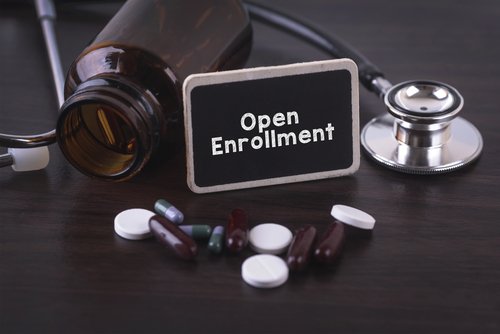The Crohn’s & Colitis Foundation has created a Clinical Trial Community program to bring together patients, healthcare providers, research coordinators and trial investigators to facilitate bowel disease trial development and enrollment.
Clinical trial recruitment is an important step in a therapy developer’s quest for U.S. Food and Drug Administration and European Commission approval. But it can be challenging, affecting the trial development process.
“These recruitment difficulties cause delays in attaining the critical data needed to move the drug development process forward,” Michael Osso, the foundation’s president and CEO, said in a press release.
Those with inflammatory bowel disease, or IBD, and their healthcare providers face several barriers to clinical trial participation, according to a foundation study. These include lack of information about the trials, negative perceptions of them, and lack of doctor-patient communication about them.
Only 6 percent of doctors tell their patients about clinical trials, the study reported, citing published sources. In addition, it reported that 40 percent of patients do not fully understand the trial drug testing process.
“We know through our research that patients would be willing to participate in clinical trials if they were able to learn more about the purpose and importance of clinical trial research,” Osso said. “Our Clinical Trials Community will provide education and resources to help overcome these challenges and accelerate treatment options toward approval.”
AbbVie, Celgene, Genentech, and Takeda Pharmaceuticals U.S.A. are supporting the IBD Clinical Trials Community. The program is designed to help patients and healthcare practitioners identify and participate in trials that may be in their interest. The platform is also designed to improve patient-doctor communication about this subject.
“With a dedicated, singular resource, we are empowering patients to make decisions that are right for them, cultivating a culture of citizen scientists and creating opportunities for patients to support research that affects the whole IBD community,” Osso said.
The community will offer an educational video series, patient stories, an IBD clinical trial finder, and research updates at its website. The foundation will also hold events across the United States and create a clinical trial ambassadors program.

